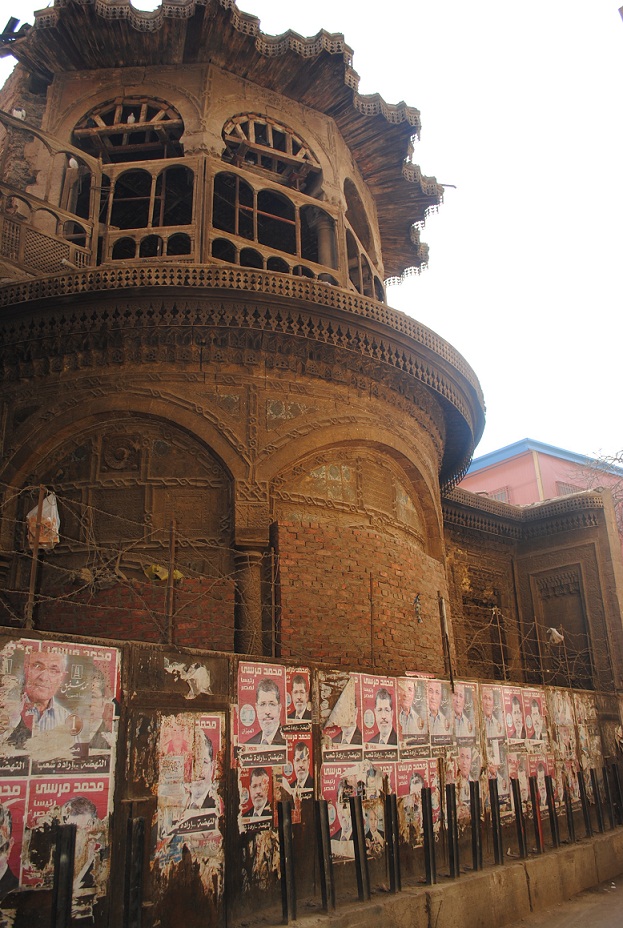An Egyptian-Italian archaeological mission working near the Aga Khan Mausoleum west of Aswan has unearthed 33 previously unknown family tombs dating back to the Late Period, Greek, and Roman eras. The discovery provides new insights into the history of the region and the diseases prevalent during those times.
Secretary-General of the Supreme Council of Antiquities, Mostafa Waziri, hailed the discovery as a significant addition to the historical record of the Aga Khan area. The tombs, some containing mummified remains and funerary artefacts, offer a glimpse into the lives and deaths of people from various social classes who lived in Aswan over centuries.
Initial studies on the mummies, conducted by Patrizia Piacentini, Professor of Egyptology at the University of Milan, have revealed a range of health conditions that affected the ancient population.
Some individuals died young, while others suffered from infectious diseases, bone disorders, malnutrition, and chronic conditions such as tuberculosis and osteoporosis. Several female mummies showed signs of amputation and bone trauma, suggesting the practice of medical intervention in ancient times.
The tombs themselves vary in architectural style, with some featuring vaulted entrances and open courtyards, while others are carved directly into the rock. Dr. Ayman Ashmawy, Head of the Egyptian Antiquities Sector, noted that the location of the tombs within the necropolis, combined with the presence of certain artefacts, suggests that the middle class of Aswan Island residents were buried in this area.
One particularly intriguing find is a stone coffin containing the entwined remains of an adult and a child. The mission plans to conduct further research to determine the relationship between the two individuals. Other notable discoveries include remnants of colored cartonnage, molded clay figures, stones, wooden coffins, and offering tables.
Abdel Moneim Saeed, General Supervisor of Antiquities in Aswan and Nubia, expressed optimism that further excavations at the site will yield even more valuable information about this historically significant region. The mission will continue its work, using the latest technology to analyse the mummies and artefacts, in an effort to paint a more complete picture of life and death in ancient Aswan.




